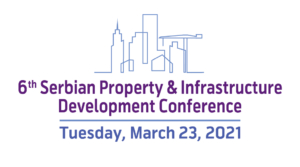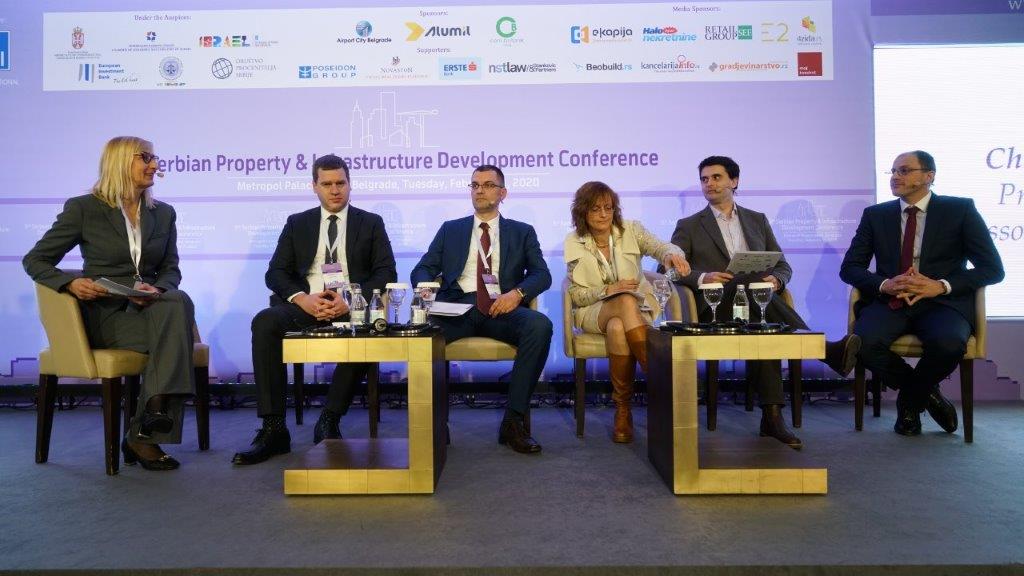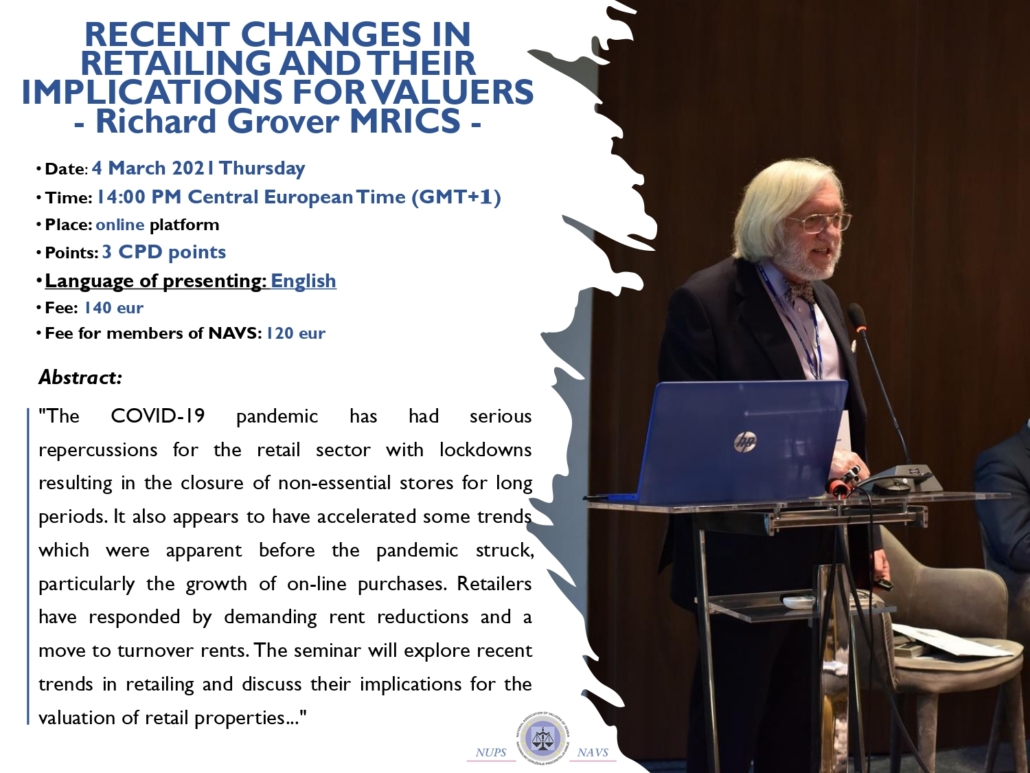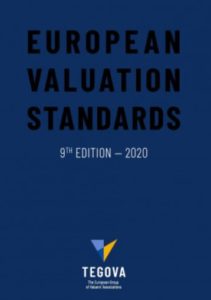https://www.tegova.org/en/p5eb28f75f2df4
EBVS 2020
INTRODUCTION

by Danijela Ilić REV FRICS, Chair of the European Business Valuation Standards Board and Member of the Board of TEGOVA
This is the first edition of European Business Valuation Standards (EBVS), developed by TEGOVA to meet the demand of its 72 Member Associations, other valuation organisations, individual valuers, regulators and other stakeholders on the European market.
TEGOVA is committed to setting standards that are compatible with the Europeanisation of business activities. The rationale for providing a set of business valuation standards for Europe comes from a demand for valuations which are consistent with EU company law requirements and of a quality that can be relied upon as a common benchmark by investors, the financial industry and valuers throughout the Union and beyond.
QUESTIONS & ANSWERS
EBVS were designed by TEGoVA, the European standard setters for real estate. What is TEGOVA’s relevance for business valuation?
In the public mind, TEGOVA is indeed real estate. It’s 72 associations from 38 countries – 70,000 valuers in Europe – are all majority real estate valuers. Yet business valuation is also prevalent among a number of members, with valuation firms or individual valuers often combining real estate and business practice. This is a welcome tendency for the profession and for European society at large, because land and buildings are such an important and integral part of most businesses that the combination of real estate and business knowledge provides a solid grounding for business valuation excellence. Conversely, business valuation is an attractive field of activity for real estate valuers in a mutating economic and professional environment, where no source of activity is permanently guaranteed and new opportunities arise.
What is the core purpose of EBVS?
European Business Valuation Standards (EBVS) will impose consistency in the most important issues in business valuation, across the European Union:
- code of conduct
- terms of engagement
- definitions of bases of value
- valuation approaches
- reporting the valuation.
In this manner, EBVS will achieve its purpose – to institute procedures conducive to clearly prepared, unambiguous valuation reports that are consistent with EU regulation and accounting standards
How are EBVS structured?
There are four standards …
EBVS 1 – Market Value and Bases of Value other than Market Value, which defines various bases of value, applicable in business valuation, Highest and Best Use analysis in connection with Liquidation (disposal) and Going Concern business scenario, assumptions and special assumptions in arriving at an opinion of value
EBVS 2 – the valuation process incorporates detailed Terms of Engagement, with appropriate commentary
EBVS 3 – the valuation approaches and methods which present the recognised business valuation practice
EBVS 4 – reporting the valuation, which presents general reporting requirements and the content of a valuation report, as well as of a valuation review.
… and three Guidance Notes that follow on from the Standards and provide more detail and explanation of key issues and techniques:
EBVGN 1 – Control Premiums and Discounts for Lack of Control and Discounts for Lack of Marketability
EBVGN 2 – Discount Rates in the Discounted Cash Flow Method
EBVGN 3 – Valuation of Intangible Assets.
There are also further key texts on:
- Business Valuation and Sustainability
- European Business Valuers’ Code of Conduct
- European Union Legislation and Business Valuation
Sustainability is a big EU concern. Does EBVS cover this and show how to put a value on it?
EBVS devotes an entire Part III to it, putting sustainability and valuation in their EU and market context, exploring the concept of ‘green value’ and providing business valuers with an initial checklist of possible points for sustainability review of a business, covering current operations, attention to costs and preparing for the future:
- Finance, risks and overall sustainability
- Energy
- Water
- Waste
- Procurement
- Materials and storage
- Transport
- Staff
- Compliance and emergency response
- Products and
- Accountability and communication
What’s the relevance of the section on EU legislation and business valuation to a practicing valuer?
As the EU regulates mostly through Directives that are transposed into national law, it is important for the valuer to be able to recognise the EU hand behind the national or sub-national law when estimating the likelihood and timescale of possible changes to regulatory impacts on the business being valued.
Part 5 is no mere general culture add on; it is basic knowledge for European business valuers. A general introduction and overview shows how EU regulation of companies has covered formation, capital and disclosure requirements, rules on takeover bids for public limited companies, mergers and divisions, minimum rules for single-member private limited liability companies, financial reporting and accounting and easier and faster access to information on companies. It shows how the EU has evolved from concentrating on regulating listed companies to now covering SMEs with the specific goal of reducing their administrative burdens and has also created a statute for a European Company (the Societas Europea or “SE”).
Part 5 goes on to highlight the specific valuation aspects of EU regulation of company law, credit institutions, insurance and reinsurance institutions, investment funds, taxation, transfer pricing, state aid, enforcement of intellectual property rights and insolvency proceedings or restructuring plans.
Is EBVS of special significance to REVs?
It is, because their high level of proficiency in valuing commercial property – a key component of many businesses – provides a solid grounding for business valuation excellence and makes it relatively easier for them to extend their knowledge and practice into business valuation and gives them an edge over business valuers with no real estate credentials.
 Graduated at the Faculty of Economics, University of Belgrade in 2007 in the field of accounting, auditing and financial management. Vule Mizdrakovic has a Master’s degree in finance and accounting at Lincoln University, Oakland, California. In 2012 he acquired a PhD in the field of corporate bankruptcy at Singidunum University.
Graduated at the Faculty of Economics, University of Belgrade in 2007 in the field of accounting, auditing and financial management. Vule Mizdrakovic has a Master’s degree in finance and accounting at Lincoln University, Oakland, California. In 2012 he acquired a PhD in the field of corporate bankruptcy at Singidunum University. Ivana is a graduated engineer of architecture and a court expert in the field of architecture. She has many years of experience in providing consulting services in the field of real estate, including evaluation, Feasibility studies, lender’s supervision and project management.
Ivana is a graduated engineer of architecture and a court expert in the field of architecture. She has many years of experience in providing consulting services in the field of real estate, including evaluation, Feasibility studies, lender’s supervision and project management.







